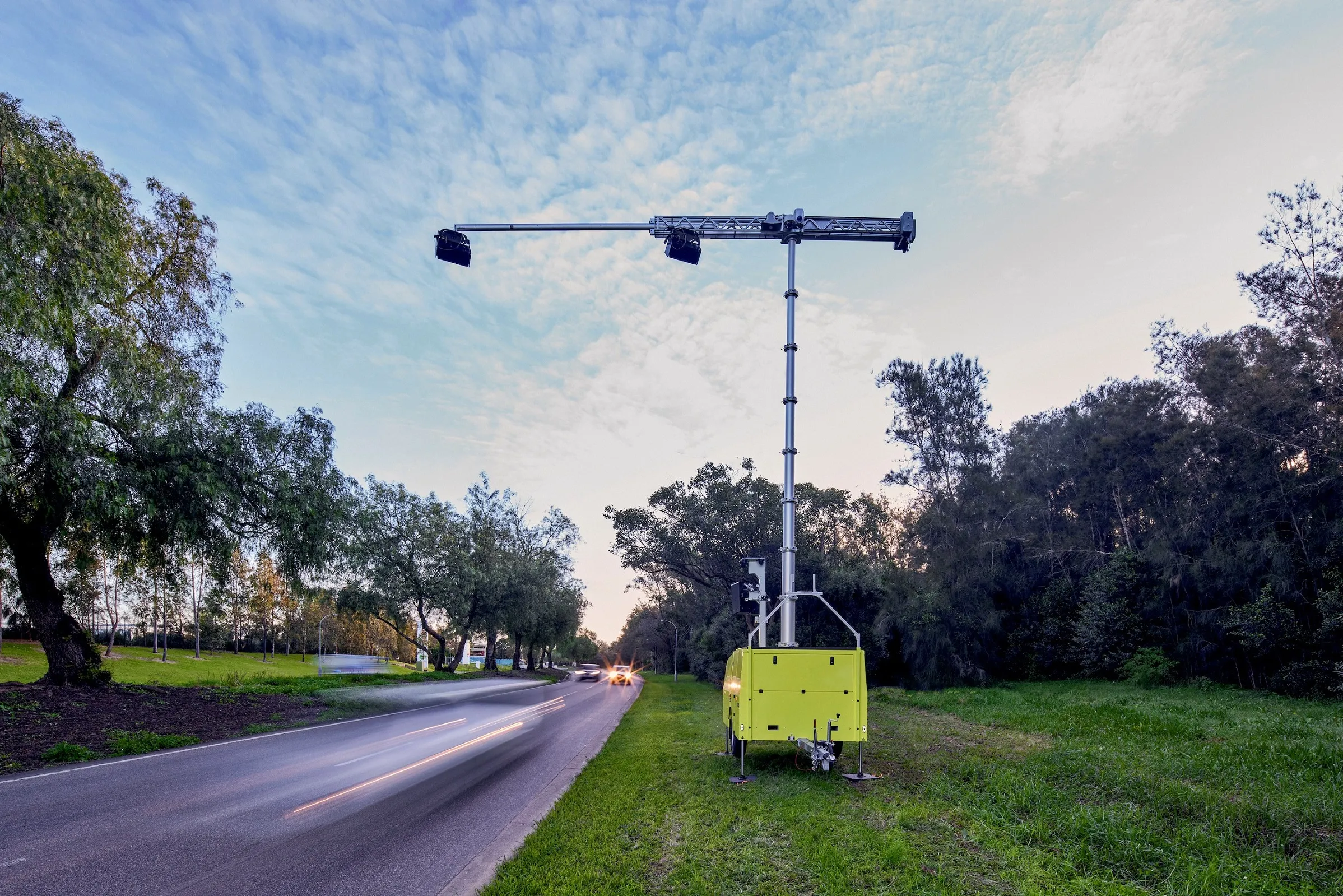
The sophistication of automotive human machine interfaces (HMIs) is easy to underestimate.
But – and it’s a big but - research suggests that text messaging and using an entertainment system are more distracting than a hands-free mobile phone call. But we also know from research that making a hands-free call is actually more distracting than driving under the influence of alcohol. Using unfamiliar car controls and car displays, or add-on media such as music devices can in turn be more distracting than using a hands-free device.
So this is an area where we should begin to exercise caution. The variety of tasks that are now routinely conducted via HMIs has increased significantly – and this means that so has the likely growth in distraction effects. Safety research group
We must at least think it possible that, given the pace of technological change, we can’t be sure what effect this is having on road safety. The law, as it stands, does not outlaw HMI development. But as Dr Shaun Helman, chief scientist of TRL, points out: “A legal HMI in your car has plenty of scope to be badly designed.”
This is not to criticise any car manufacturer – or indeed, any driver. But there is enough danger on the road without adding to it. Distraction – any distraction – makes driving more risky. We need to understand the effects that these services have on the way we drive. Just because we can in effect turn our car dashboards into smartphones, it doesn’t mean we should.









